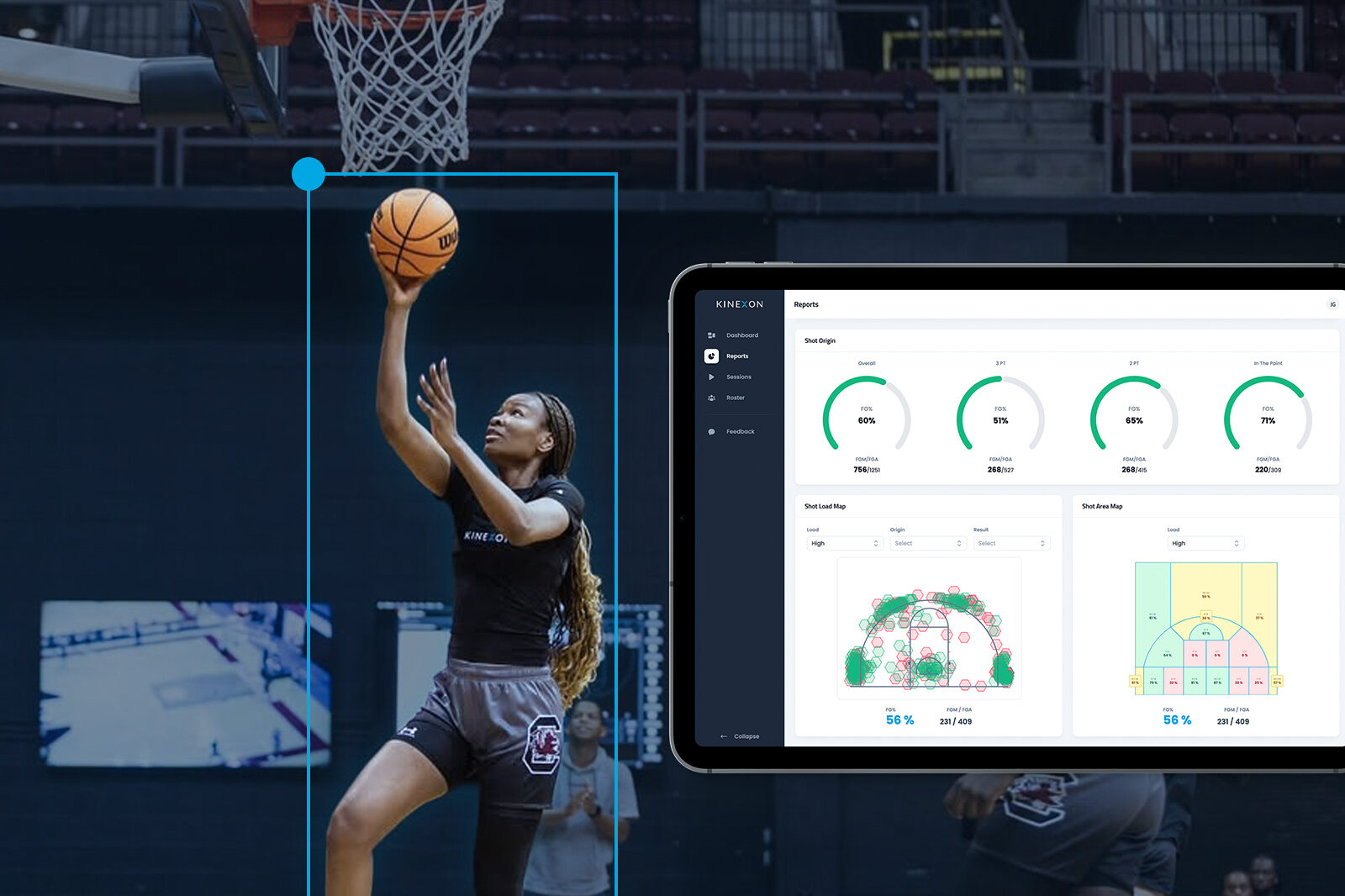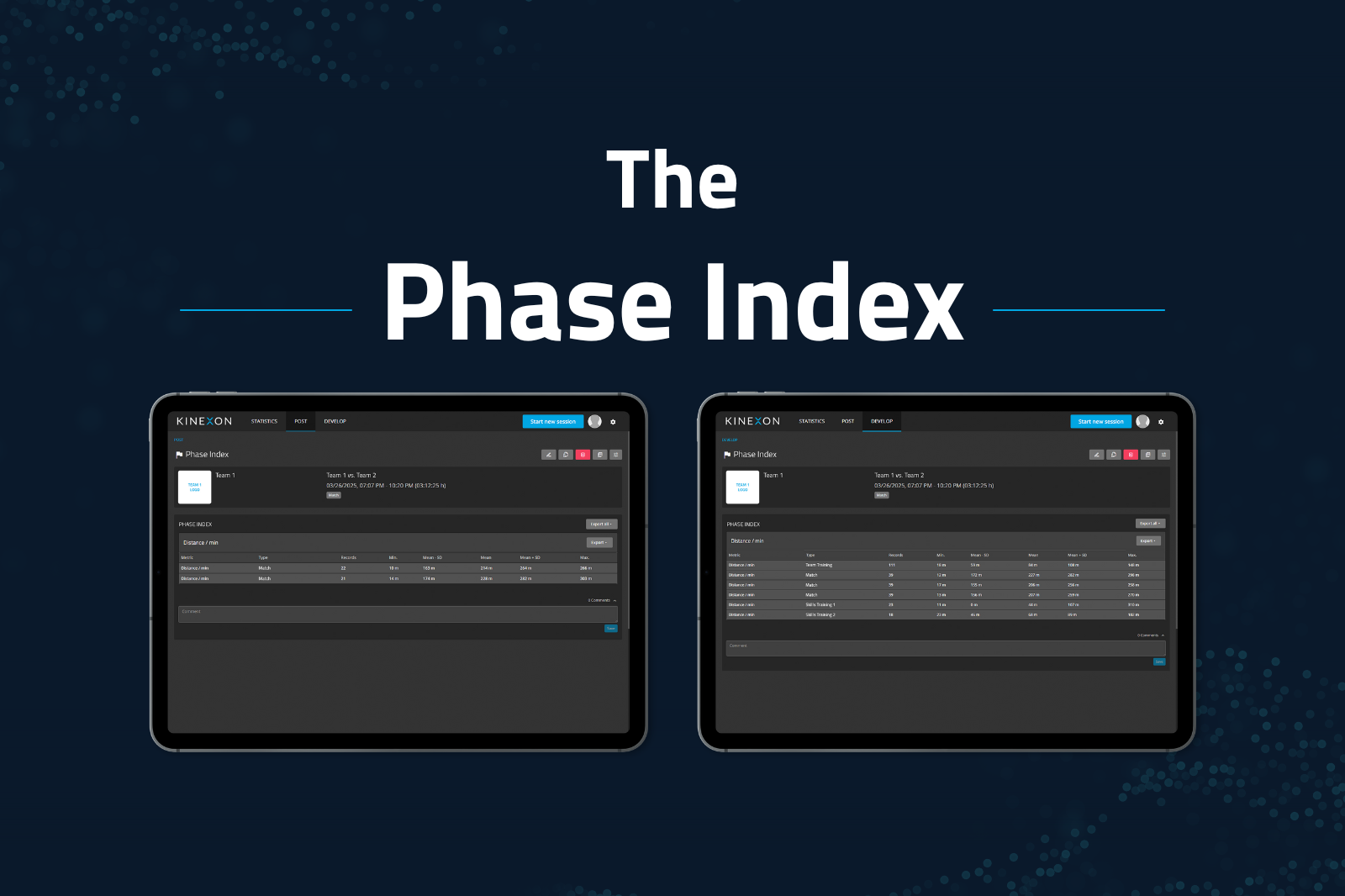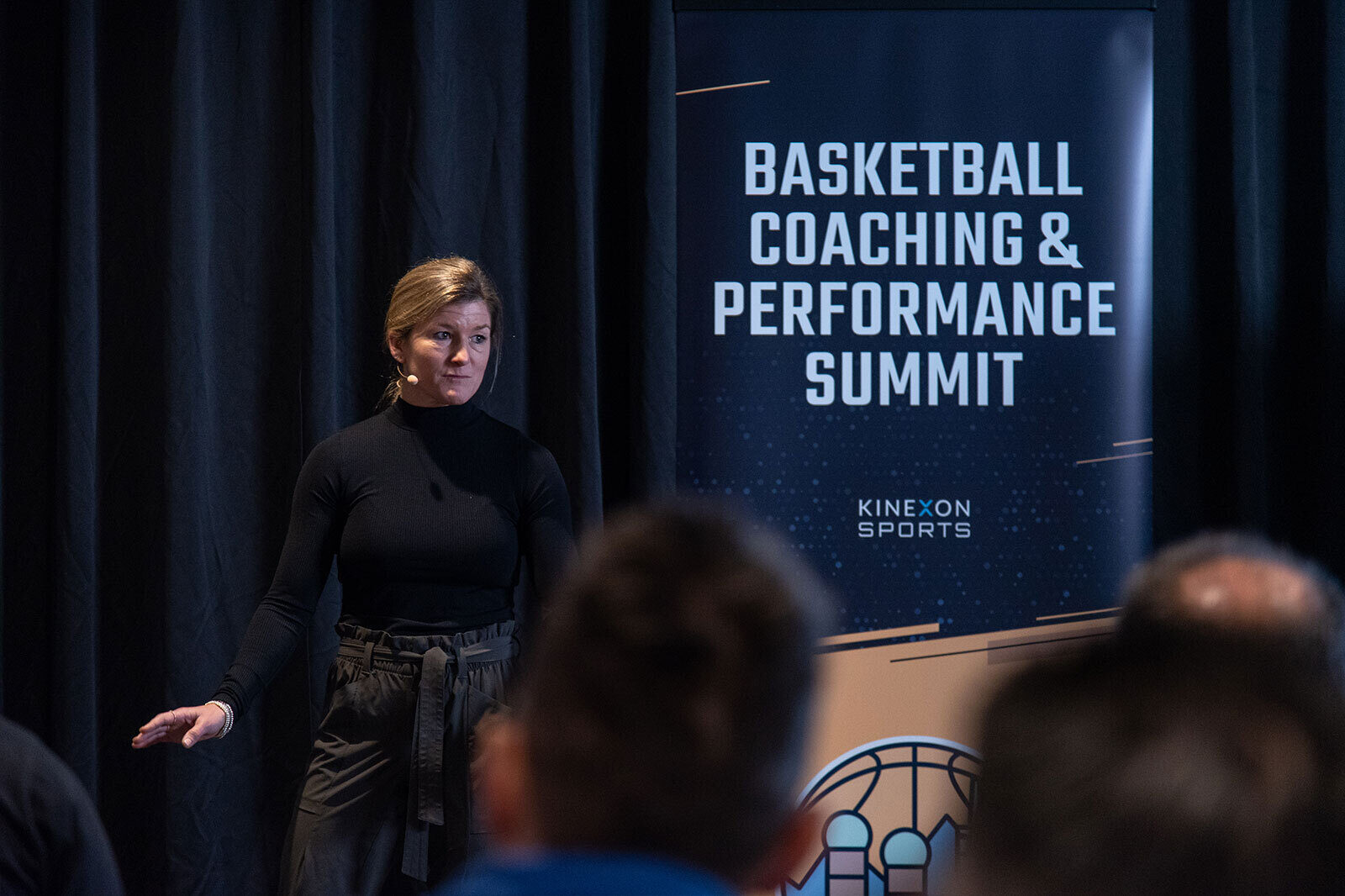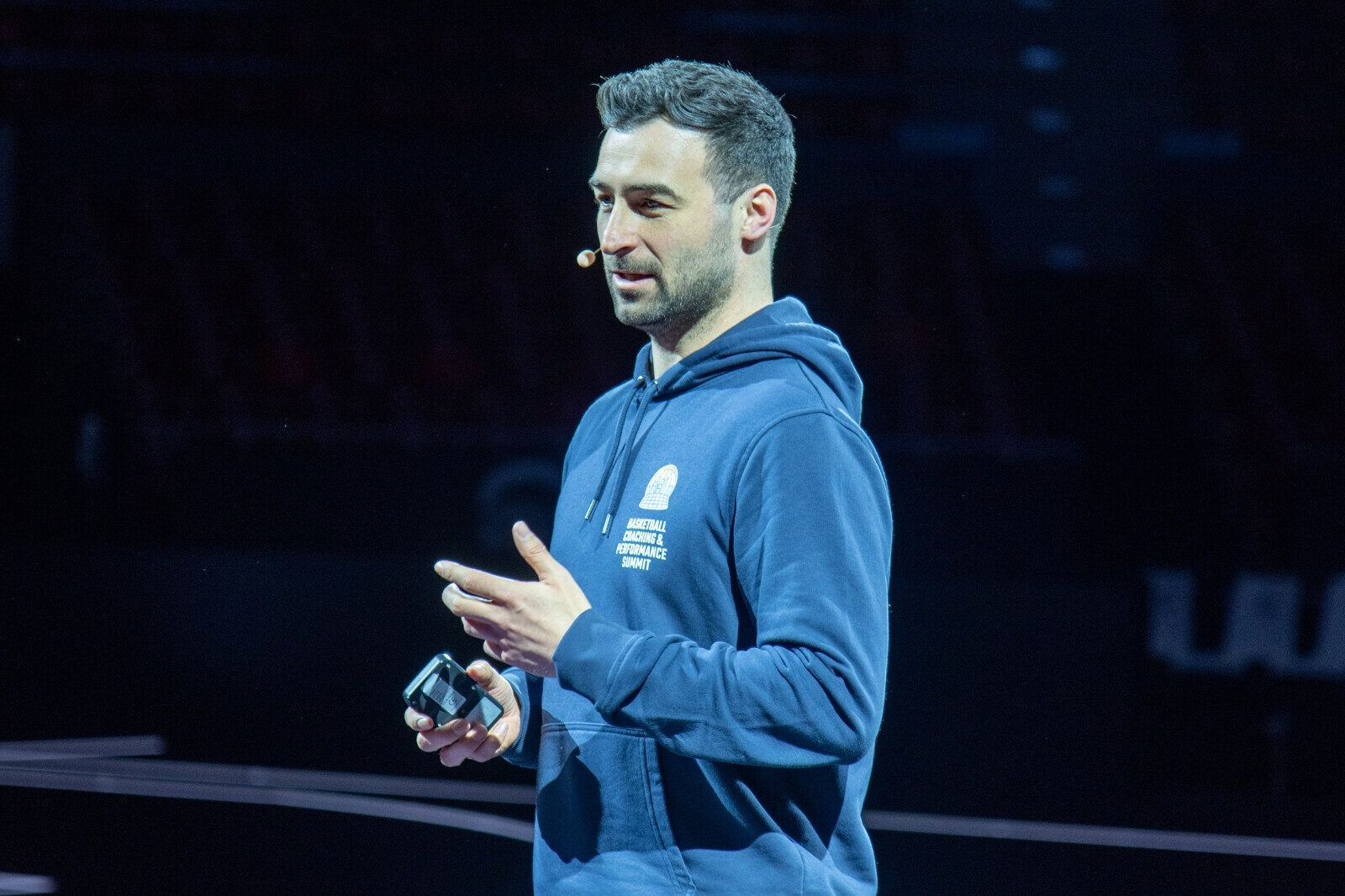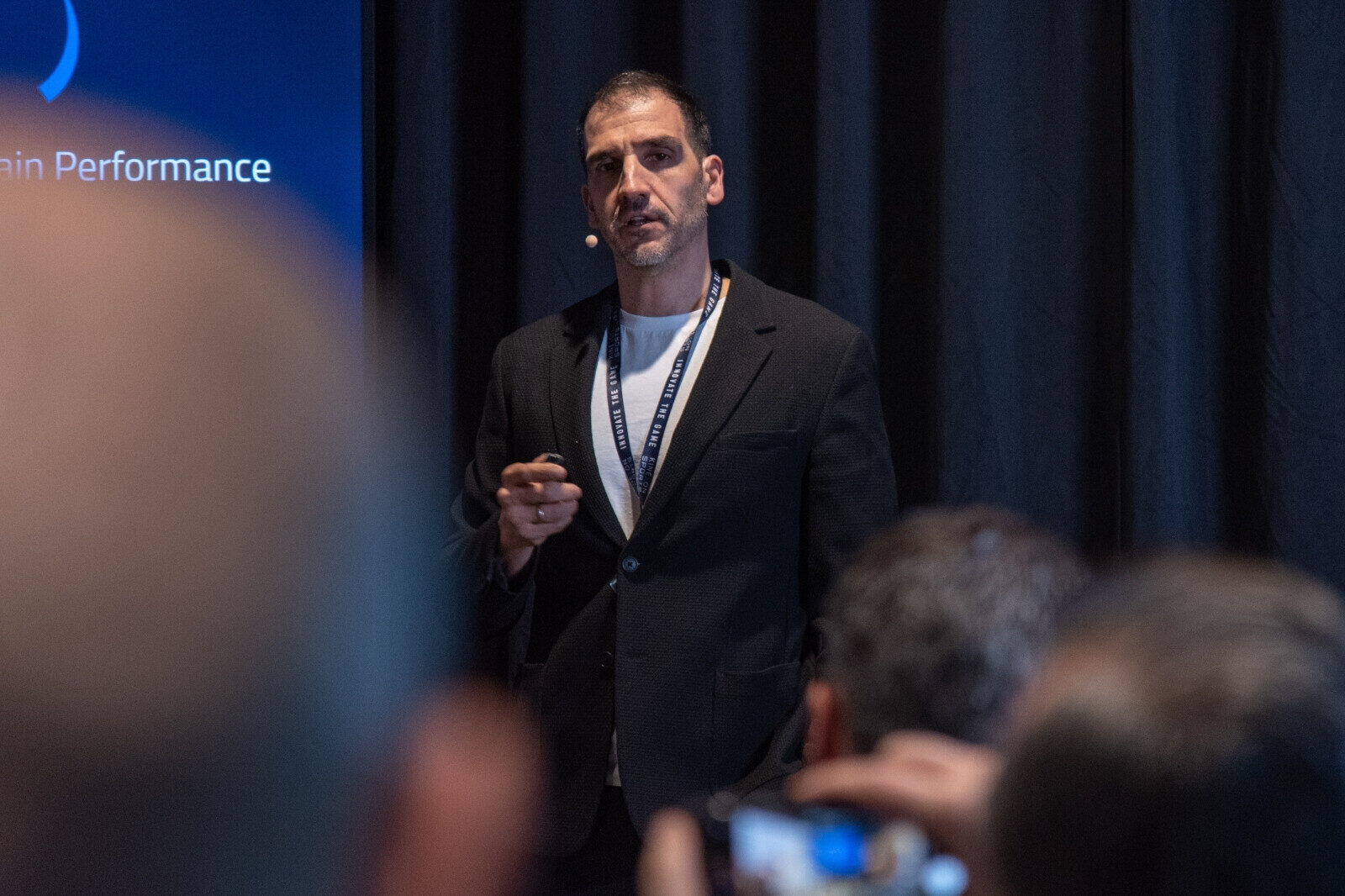What Sports Data Analytics Can Tell a Coach
Author: Dave Grendzynski
In today’s data-driven world, sports teams are increasingly relying on analytics to gain a competitive edge. While coaches have traditionally relied on their experience and intuition, the emergence of sports data analytics has revolutionized the way teams approach game strategies and player development. Here’s how.

Sports data is part of a process of collecting, then analyzing and interpreting information related to sports performance. Coaches and players use it to gain insights and make informed decisions. Data in sports analytics can be collected from various sources, including:
- Video Recordings
- Wearable Devices
- Tracking systems
- Statistical databases
In this blog post, we will explore what coaches can learn from sports data analytics and how it can enhance their decision-making processes.
Coaches: Start Monitoring Your Players' Mechanical Load to Decrease Injury Risks
Understanding Sports Data Analytics

Sports data analytics provides coaches with an invaluable tool for understanding performance patterns. By analyzing vast amounts of data collected from games and practices, coaches can identify trends and patterns that may have gone unnoticed. For example, through statistical analysis, coaches can determine the success rate of many facets of the game:
- Specific plays
- Player combinations
- Defensive strategies
By identifying patterns in player performance, coaches can tailor their training programs to address specific weaknesses or enhance existing strengths.
Sports Data Improves Game Strategies

Sports data analytics enables coaches to make informed decisions regarding game strategies. By analyzing opponent data, coaches can identify weaknesses and strengths of opposing teams, allowing them to devise effective game plans. For instance, analytics can reveal things about an upcoming opponent like:
- Players’ shooting accuracy
- Tendencies
- Preferred playing styles
This helps coaches to develop defensive strategies to counter them. Moreover, analytics can help coaches identify optimal player lineups and rotations by analyzing performance data against different opponents. By leveraging this data, coaches can make strategic substitutions to maximize their team’s performance.
Data Enhances Sports Performance Training

Data analytics plays a crucial role in player development in many sports. By tracking individual player performance metrics, coaches can identify areas for improvement and design targeted training regimens. For instance, analytics can reveal insights about a player, including:
- Shooting accuracy
- Injury potential
- Burnout risk
- Return-to-play (after injury) plans
The data enables coaches to provide personalized shooting drills to enhance their skills. By analyzing player tracking data, coaches can determine the optimal balance between training intensity and rest, reducing the risk of injuries and improve overall player performance.
Live Player Tracking Exposes In-Game Insights

Real-time data analytics during games can provide coaches with valuable insights to make informed decisions. Through live tracking technologies, coaches can get details on a player like:
- Player movement
- Shot selection
- Defensive positioning
This information allows coaches to make adjustments on the fly, adapting their strategies to exploit opponent weaknesses or respond to changing game dynamics. Coaches can also use analytics to track the effectiveness of their own strategies during games. By analyzing real-time data, coaches can evaluate the success of specific plays or defensive schemes, making necessary adjustments to optimize performance.
Sports Data Analytics Help Win Games

Sports data analytics has transformed the coaching landscape, empowering coaches with valuable insights that were previously inaccessible. By harnessing the power of analytics, coaches can better understand:
- Sports performance patterns
- Improve game strategies
- Enhance player development
- Leverage in-game insights
Embracing sports data analytics is no longer an option; it’s a necessity for coaches striving to stay ahead in today’s competitive sports landscape. KINEXON is one of the leading sports analytics companies in the world, helping coaches and players in multiple sports, including:
- Football (Soccer)
- American Football
- Basketball
- Volleyball
- Handball
- Ice Hockey
- Field Hockey
- Lacrosse
And we work with programs on every level — from high school to the NCAA and the professionals (NBA, NFL, NHL, FIFA, HBL). Our sports scientists will work directly with you to help you determine the data that makes most sense for your team and how you (and your trainers) can use it.
You won’t be left to figure it out on your own. That’s why we’re considered by many coaches to be a cost-effective addition to their staff.
If you’d like to learn more about sports analytics software and the insights it can provide for your program, please contact us at any time. Or click the link below.

